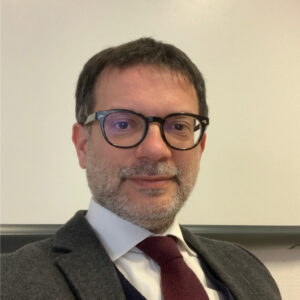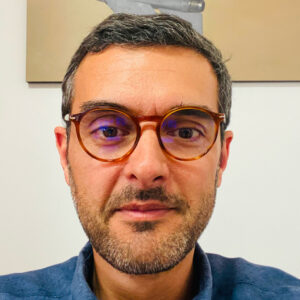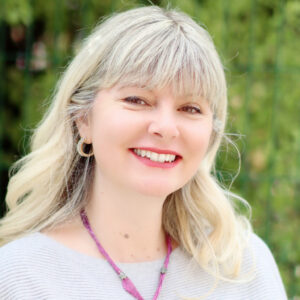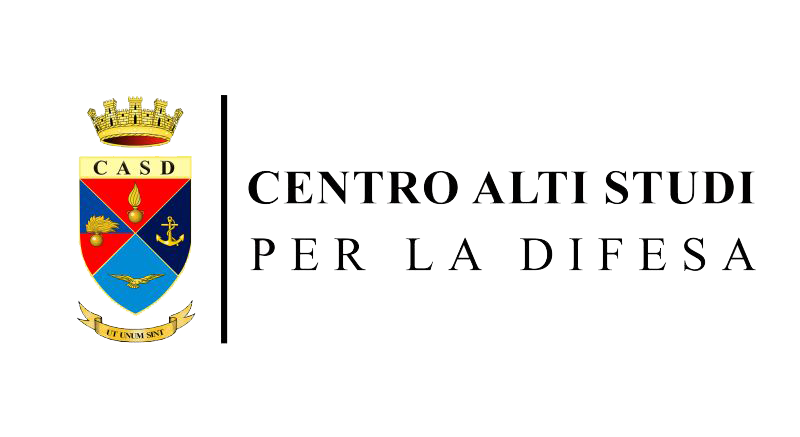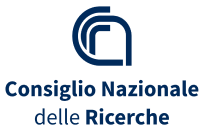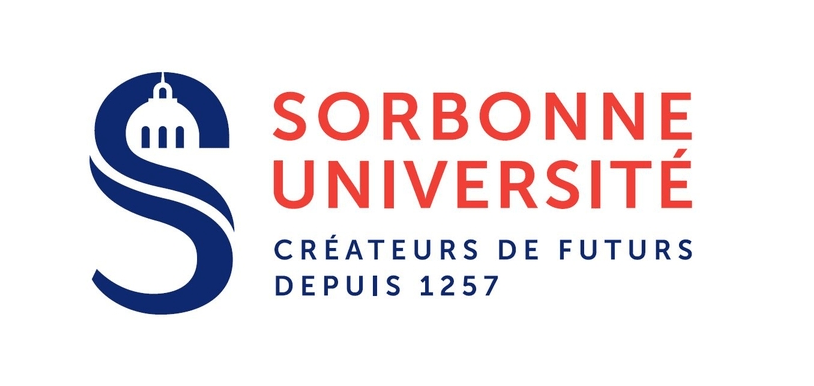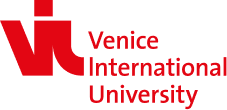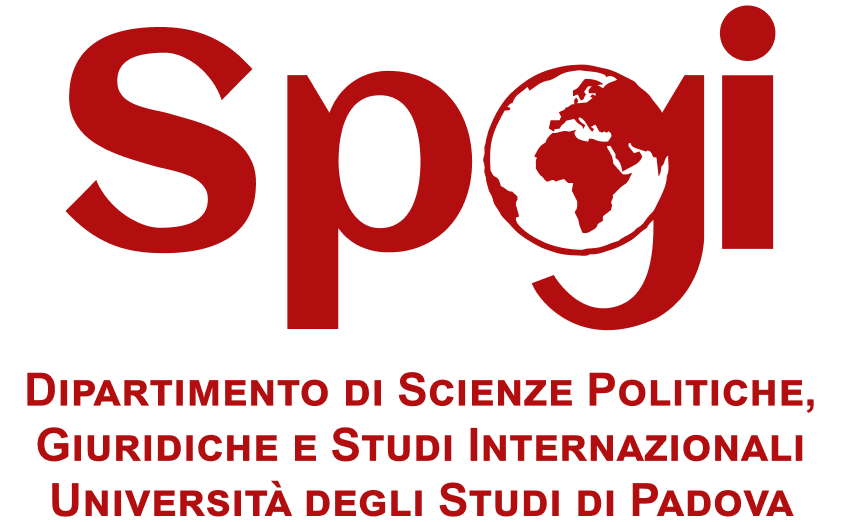
2-8 october 2024
Science Diplomacy in XXI century
Foundations, players and dynamics for a future practice
School
International School of Science & Diplomacy
Since the second half of the last century, the need to meet global challenges has led to an increasing emphasis on science diplomacy, intended as the contribution of science to the development of international cooperation. Although this practice dates back a long way, in recent years science diplomacy has been progressively integrated into foreign policy decision-making processes and the work of international organisations, becoming an indispensable tool for assessing the actions needed to solve common problems, such as the spread of pandemics or the effects of climate change.
In this scenario, the course «Science Diplomacy in the 21st Century. Foundations, players and dynamics for a future practice», promoted by the International School of Science and Diplomacy of the Ettore Majorana Foundation and Centre for Scientific Culture, explores all the relevant aspects that characterise science diplomacy, from its origins to possible future interactions between the scientific and political-diplomatic spheres. Accordingly, the course not only provides a theoretical framework of the discipline, but also examines its operational areas, key players and application practices, offering participants the opportunity to measure themselves by carrying out practical activities in simulated contexts.
The course «Science Diplomacy in the 21st Century. Foundations, players and dynamics for a future practice» is addressed both to diplomatic staff and officials of international organisations and NGOs, as well as to academics, researchers and students, with the intention of promoting, since its first edition, a dialogue between different sensitivities and competences on the issue of the usefulness of science for the development of diplomatic relations and the reinforcement of international cooperation.
i relatori
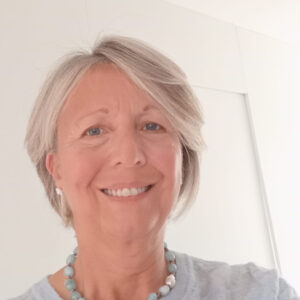
EMILIA GIORGETTI
Head of Sector – Scientific Cooperation with the Americas and Spain, CNR – International Relations Office
- CV
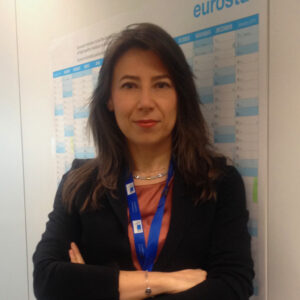
FRANCESCA TOLVE
PhD, Head of Sector – Science Diplomacy and International Cooperation, CNR – International Relations Office
- CV
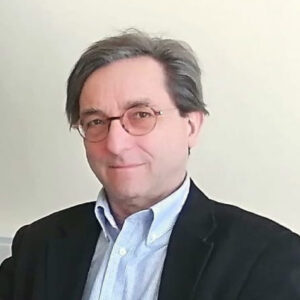
Pierre-Bruno RUFFINI
Université Le Havre-Normandie
“Science Diplomacy: an excursion into basic concepts and key issues”
- CV
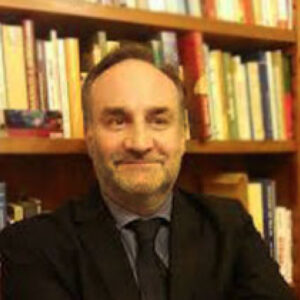
DAVID BURIGANA
UNIPD
- CV
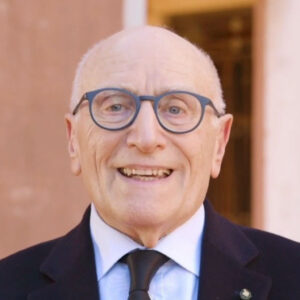
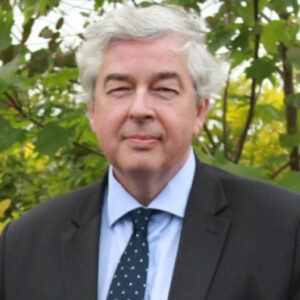
Pascal GRISET
SORBONNE UNIVERSITY
- CV
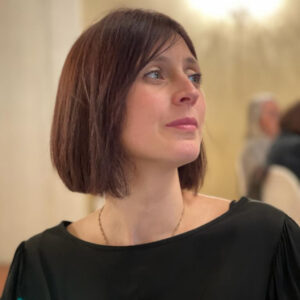
EMANUELA AGOSTINI
Author of theatrical texts and screenplays
Teacher at ISI Florence
Coordinator of the Storytelling Laboratory
- CV
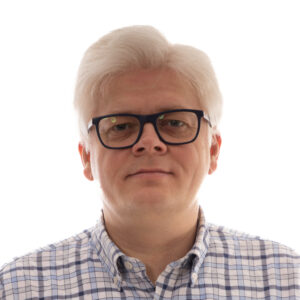
Rasmus Gjedssø Bertelsen
Professor of Northern Studies, Barents Chair in Politics (University of Tromsø)
“Science Diplomacy of Arctic”
- CV
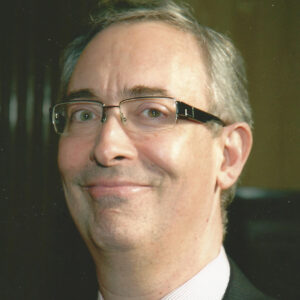
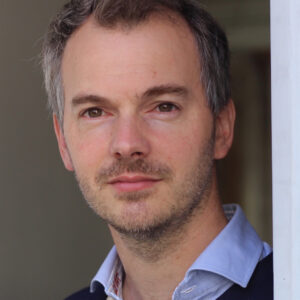
Léonard Laborie
CNRS Paris
- CV
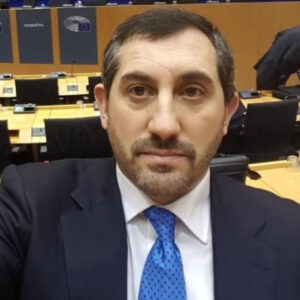
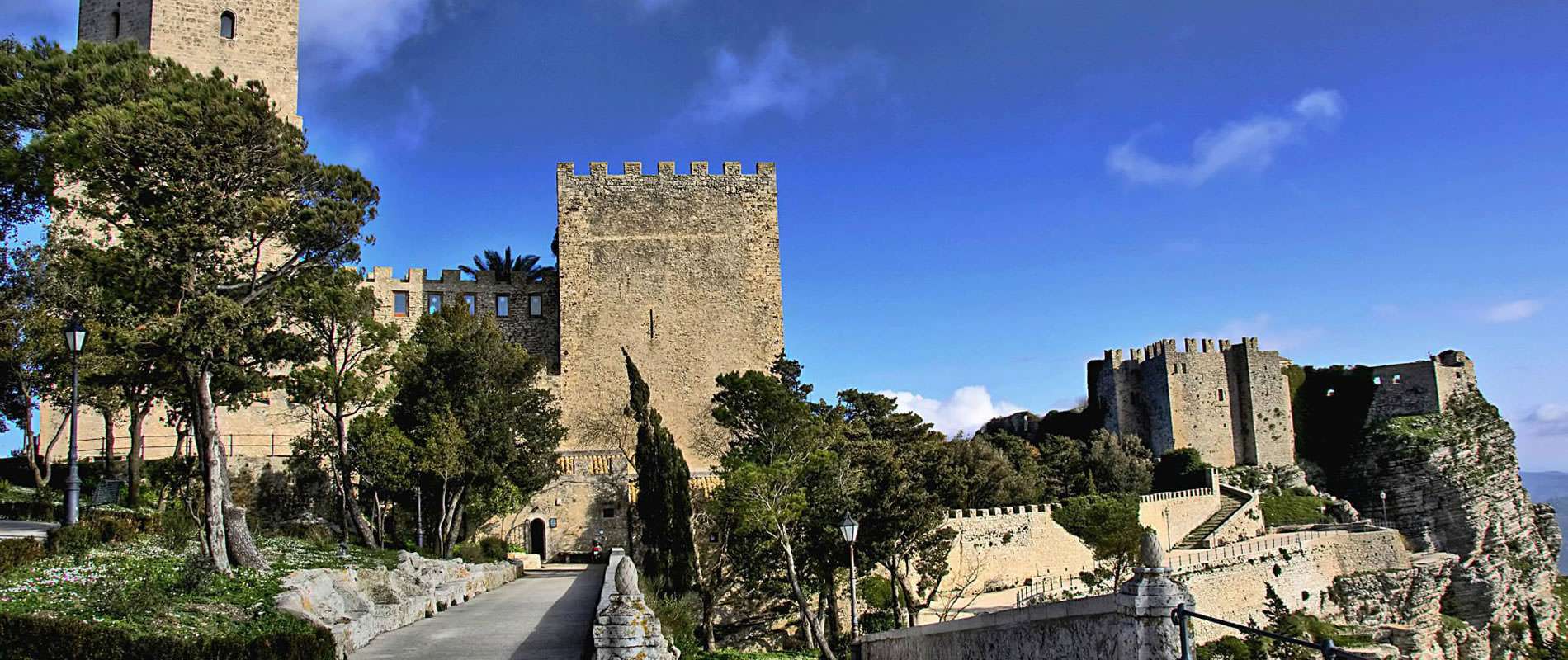
Participants' Arrival
14.30
Course Introduction/ice breaker
17.30
Team building activities
Prof. Pierre-Bruno Ruffini - Defining and exploring science diplomacy - Basic concepts and key issues
10.20-11.00
Prof. Pierre-Bruno Ruffini - Can science diplomacy help alleviate international tensions?
11.00-11.40
Prof. David Burigana – Science Diplomacy: an operational history
11.40-13.00
Amb. Umberto Vattani - The role of the Diplomat in Science: some examples of negotiation
13.30-15.30
Lunch
15.30-18.30
Storytelling Activity
Dr. Marco Borra - The scientific advisor: role, goals, speakers
10.20-11.40
Prof. Daniela Irrera - Science as a Foreign Policy Tool: Opportunities and Challenges
11.40-13.00
Dr. Emilia Giorgetti - What is the real activity of a science diplomat? A flexible and original approach to international relations
13.30-15.30
Lunch
15.30-18.30
Wargaming Activity
Dott.ssa Francesca Tolve - Science Diplomacy and International Cooperation: a pragmatic perspective
10.20-11.40
Prof. Rasmus Gjedssø Bertelsen - The Arctic Science Diplomacy
11.40-13.00
Prof. Pascal Griset – The Academies of Sciences and Diplomacy
13.30-15.30
Lunch
15.30-18.30
Storytelling Activity
Excursion
16.00-19.00
Wargaming Activity
Dr.ssa Alessandra Tognonato - The role of the Italian Scientific Diplomacy
09.40-10.30
Dott. Léonard Laborie - Accessing, organizing, informing: three historical motivations to send scientific attachés in embassies (France, 19th-20th C.)
10.30-11.40
Prof. Alessandro Paccagnella - Microelectronics and Geopolitcs: a field of application and definition of Science Diplomacy
11.40-13.00
Prof. Nicola Colacino - From Science to Law. Science Diplomacy in International Organizations: global and regional models
13.30-15.30
Lunch
15.30-18.30
Wargaming Activity
Ending/ Closing Course Ceremony (Certificates consignment; participants students 'scheduled speechs; collection of evaluation course survey )
PM
Departure
Aggiungi qui il testo dell’intestazione
MEDIA
All photos
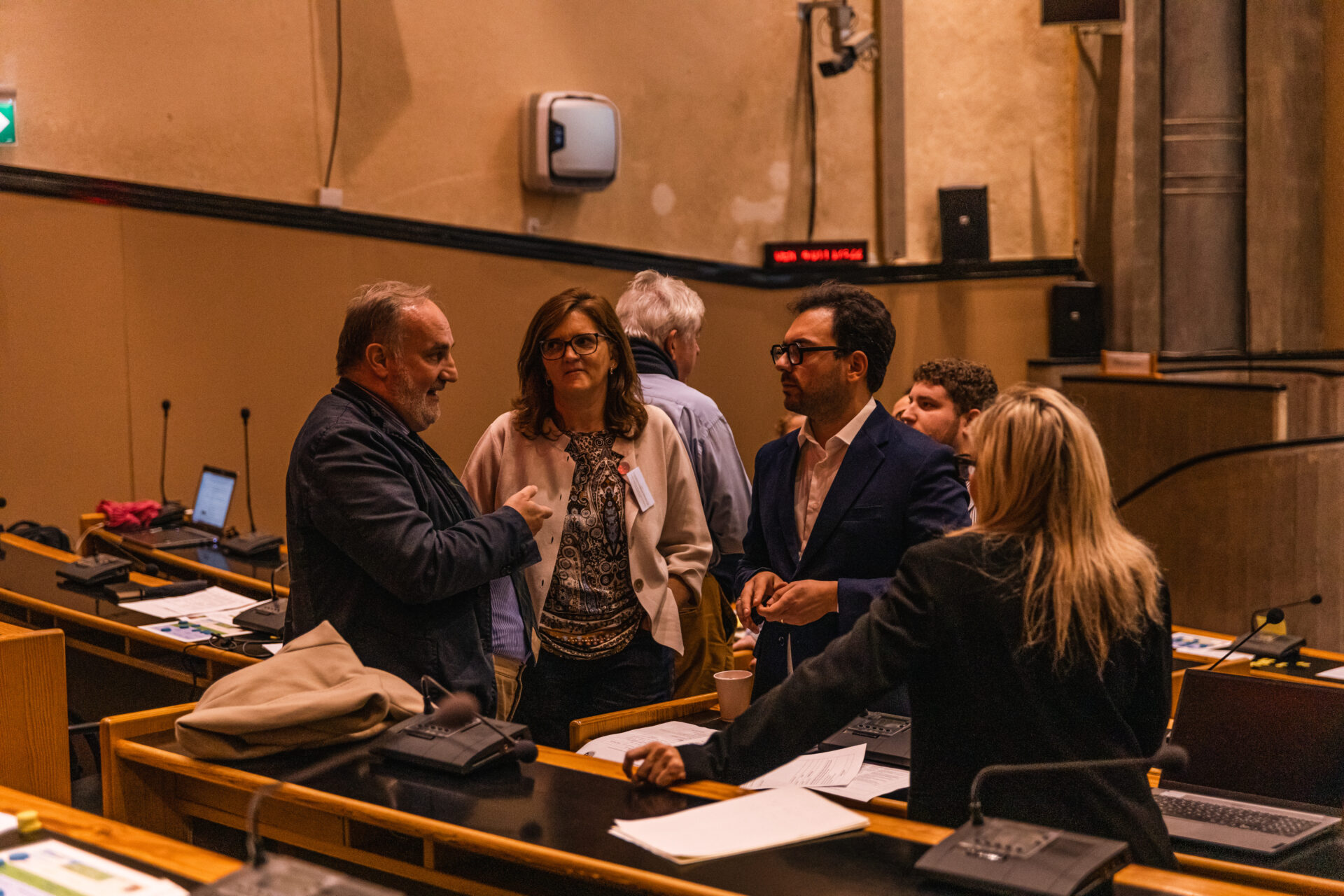
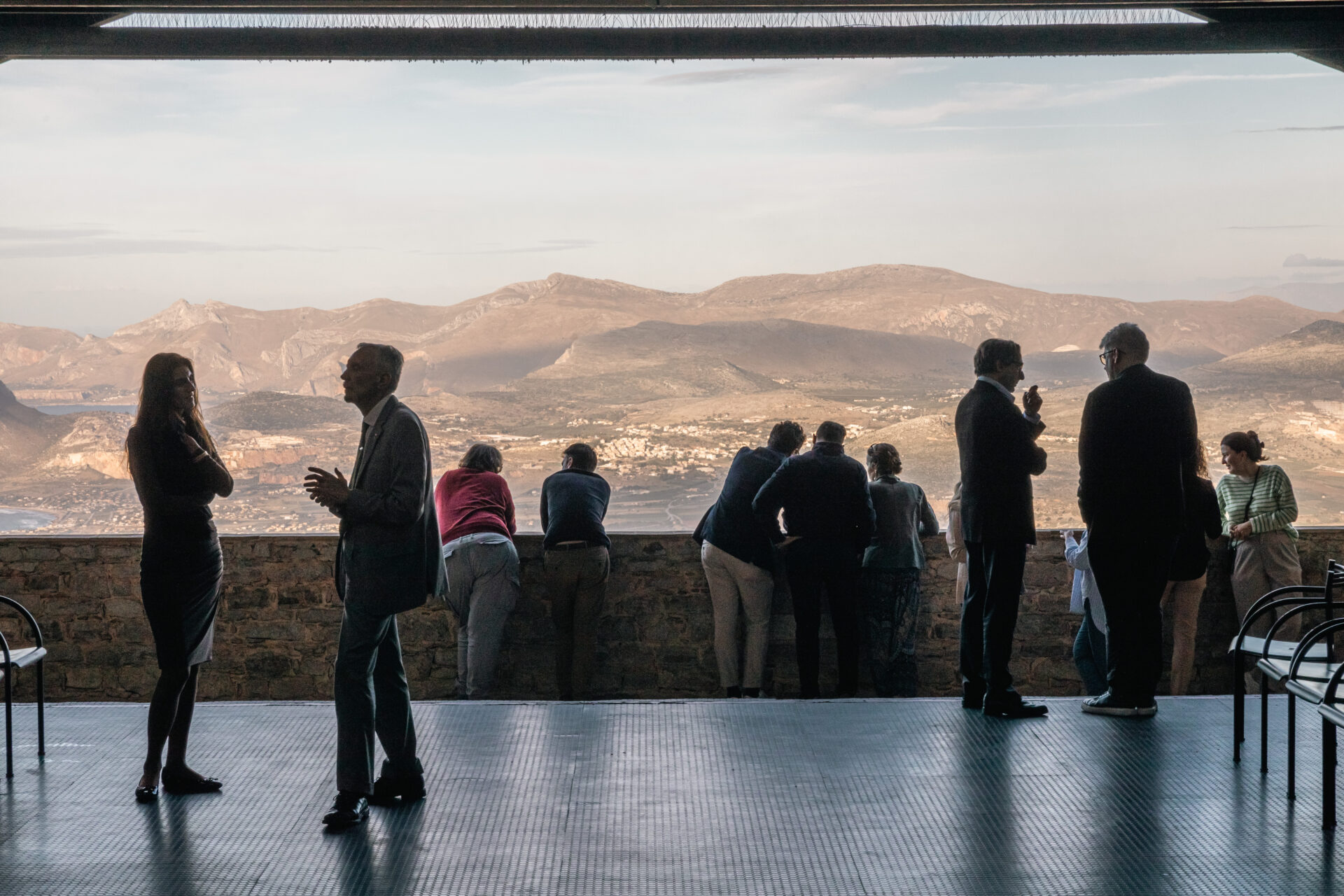
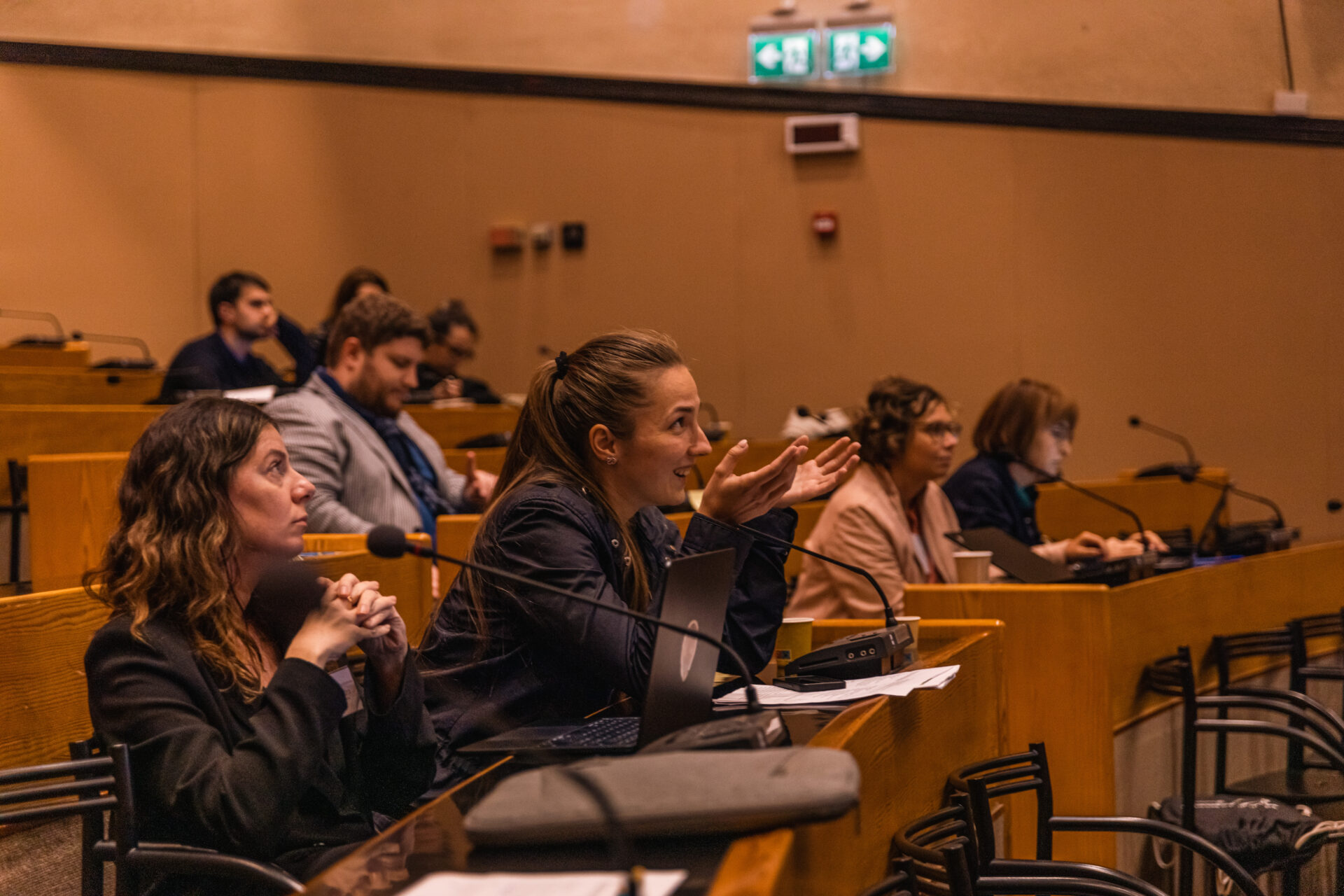
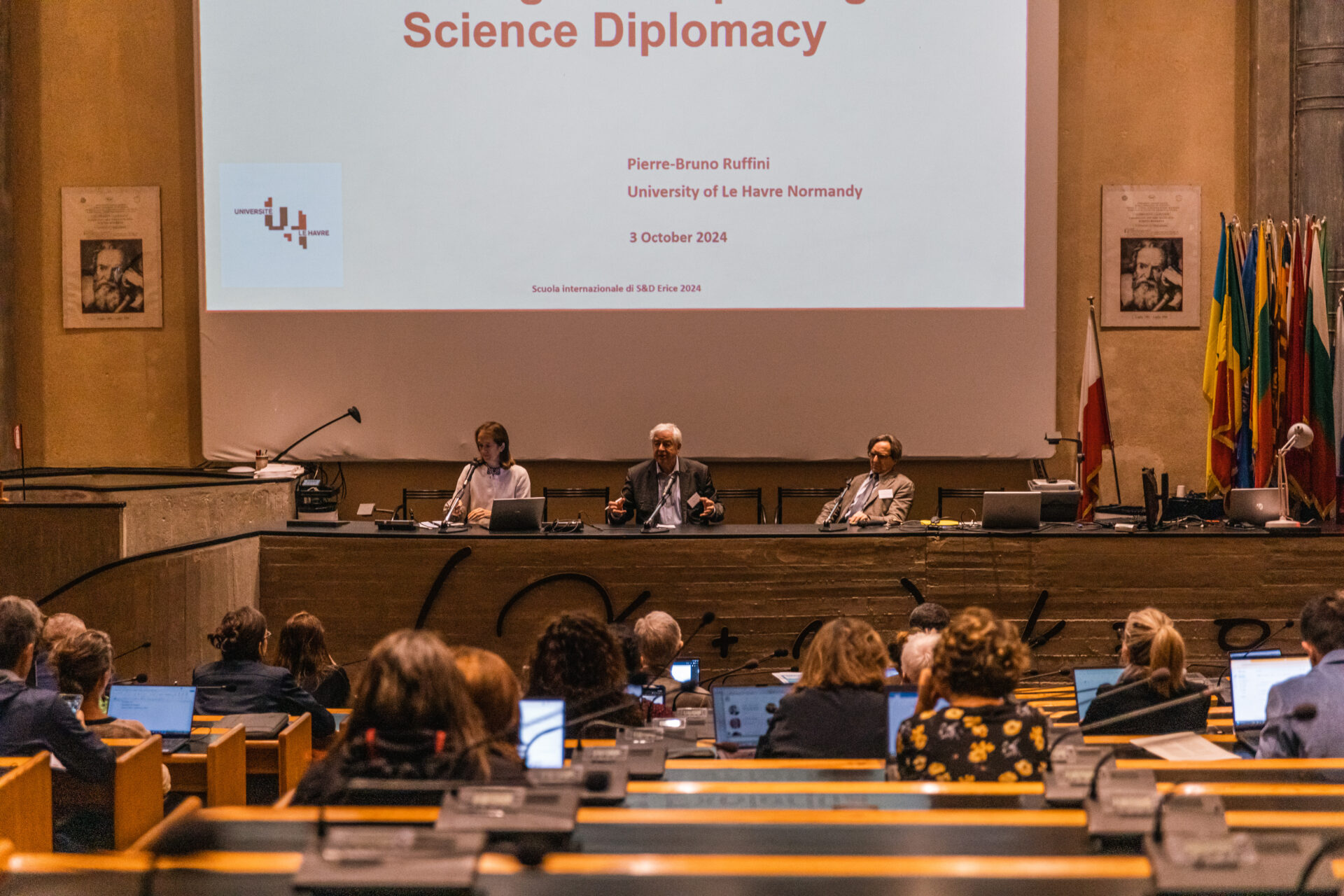
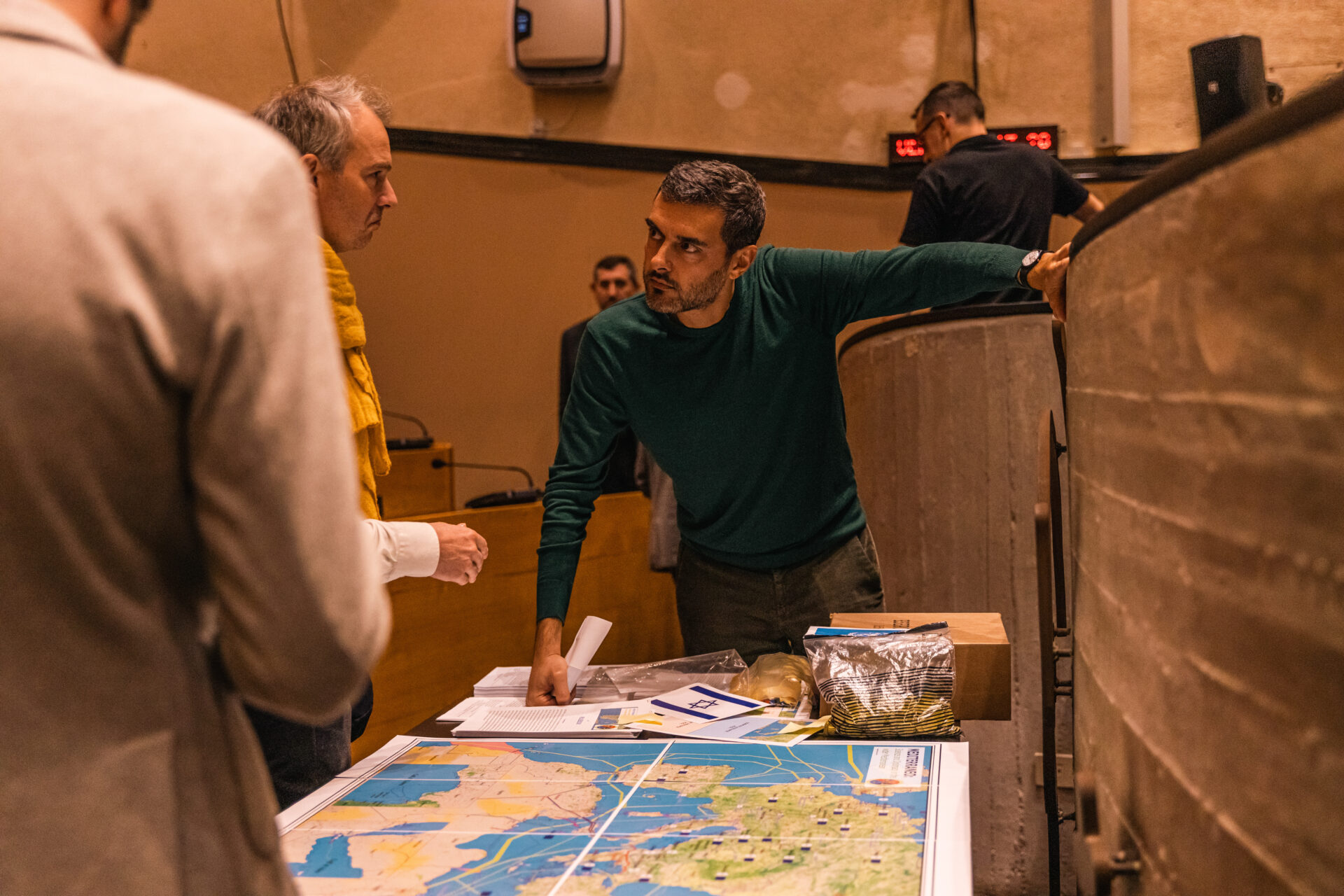
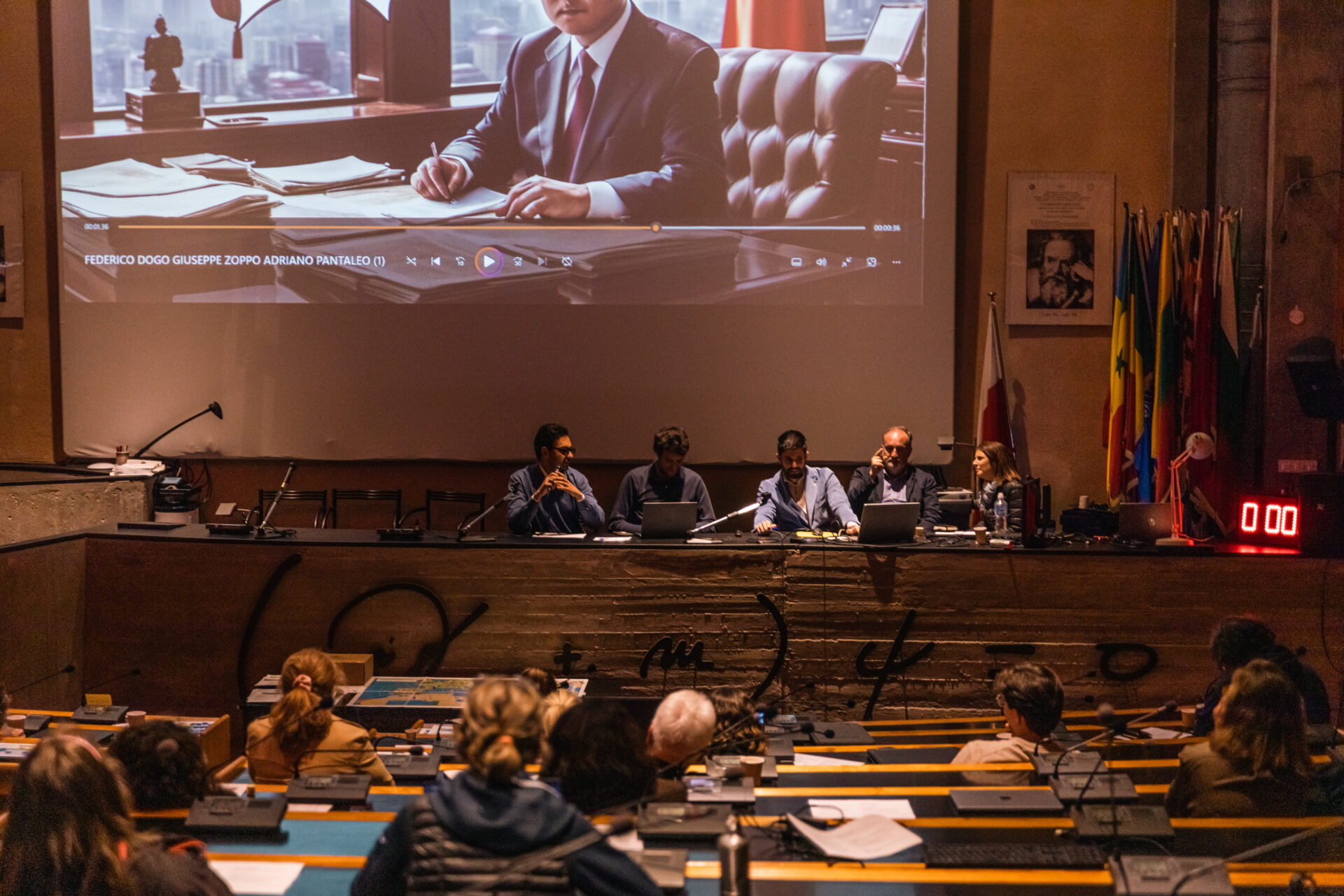
Video Erice
Video Giornate
Disponibili a breve
Interviste ai Docenti
Disponibili a breve
Interviste ai Partecipanti
Disponibili a breve



